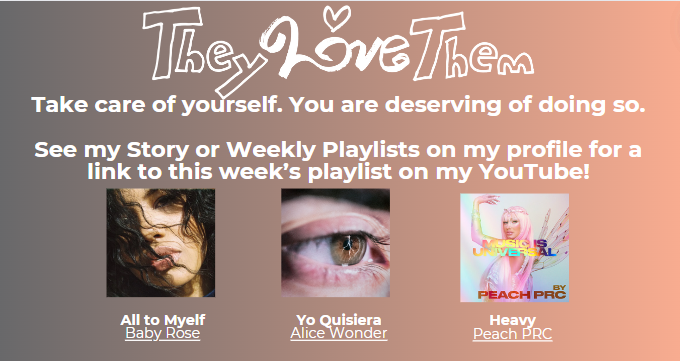The Five Stages of Grief: Depression
Introduction
In 1969, Dr. Elizabeth Kubler-Ross’s book, On Death and Dying, presented the model for understanding grief and loss that has since been the standard to follow since: The 5 Stages of Grief. These five stages are Denial, Anger, Bargaining, Depression, and Acceptance. Someone going through grief will not move through these in order, and might flow between stages, or repeat a stage several times, but they serve as a framework to understand grief as one moves through it. Dr. Kubler-Ross’ work has spanned decades, and while it has incited criticism as times have changed, and so have the perceptions of death in people, it will be the standard for how we look at grief over the next 5 weeks. Each week I’ll be covering a different stage in detail so that together we can begin to learn how each stage might affect us, and how we can build our self-care around it.
Depression
After having gone through the denial, anger, and bargaining stages (though remember that the stages can happen in any order, repeat several times, and depression might happen first) it makes sense that you’d enter into the depression stage of grief. Why does this make sense? Depression comes before acceptance, and depression therefore is a realization that the situation cannot change based on us denying it, being angry about it, or bargaining for change.
Depression (generally) can be defined as “a common but serious mood disorder. It causes severe symptoms that affect how a person feels, thinks, and handles daily activities, such as sleeping, eating, or working.” Within the context of the stages of grief, it is the stage (aside from denial) where you are most likely to shut down emotionally, physically, and mentally. Instead of being overwhelmed, like in denial, your brain has moved into a state of exhaustion and not being able to find a meaningful way to move forward. This is an appropriate response to a huge world-shifting change in life, as it can be hard to visualize the next stages.
Depression can feel like a fog over our eyes, or a heavy blanket weighing us down. Things seem to move slower. Time drags by, meaningless. We are here, but the world doesn’t know that it’s supposed to be sad, so we feel alone. During this stage of grief there may be trouble sleeping, poor appetite, constant sleeping, fatigue, loss of energy, and a lot of crying.
Depression also feels like nothing. The scariest part of depression isn’t feeling sad, it’s a lack of feeling anything at all. Joy seems miles away and fleeting, and sadness is prevalent but equally fleeting. When I was at my most depressed I was scared that I wouldn’t ever feel emotion again. I had to remind myself of the simple truth over and over again: We will always come back to some sort of emotional baseline, and that’s okay. I can spend day, weeks, months feeling low, but even within that I’ll have high moments, high days, high weeks, but eventually it all evens out. The universe is balanced in that way. When I feel nothing, it won’t be forever. When I feel sad, it won’t be forever. When I feel happy, it won’t be forever. Knowing these truths for myself allows me to move through depression with grace and self-care.
Speaking of self-care, we’re looking at emotional forms of self-care this week. Why? When we’re depressed, allowing ourselves to feel a lot of emotions can help us process our own.
Watching favorite movies.
Remember what it feels like to enjoy things? You can enjoy your favorite comfort films. For me? Labyrinth with David Bowie and Jennifer Connelly.
Listen to your favorite music, but also music that makes you feel.
What music makes you feel different emotions? Maybe you know this, or maybe you can work with a music therapist to figure this out. Either way, putting on music that makes you feel emotions, or even cry, can be very cathartic during this stage of grief. If the feelings might seem too big, though, do this in therapy!
Can’t think of anything? Try our Playlist for the week! We make one for every blog!
Go on a walk and listen to nature.
No matter the time of year, it can be very peaceful to hear the world and nature around you. Remind yourself that you are alive. You are within your body. You are okay at this moment.
Read a book!
I know it might seem silly, because it might be hard to focus, but the escapism a book can bring as you delve into its issues and conflicts can help you process your own.
Remember that the emotions you feel might linger, but they are still temporary. They will not last forever, and you will be okay. Give yourself the time, space, and energy to breathe, eat, and feel emotion.
